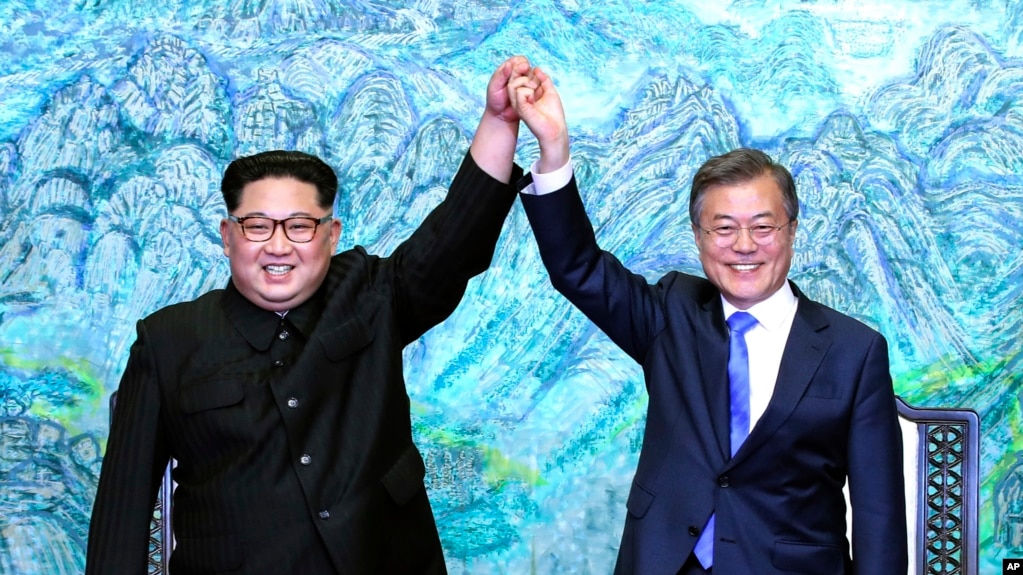
“They do nothing without our approval,” said U.S. President Donald Trump on Oct. 10, in response to a statement made by South Korea’s Foreign Minister Kang Kyung-wha implying that South Korea is planning to lift its May 24 sanctions on North Korea. As denuclearization is still in progress, it is understandable that he was opposed to such statements suggesting mitigation of sanctions. Nevertheless, it was not appropriate for the president to use the word “approval.” “Approval” in certain contexts may have a negative connotation implying “royal assent,” and is discourteous to use against a government policy put forth by another sovereign country.
The May 24 measures are independent sanctions by South Korea against North Korea in response to the ROKS Cheonan sinking, an attack on a South Korean warship that killed 46 sailors. As this matter was irrelevant to North Korea’s nuclear issue, the United States has no say in this policy. And even if the May 24 measures were to be lifted, the effect would not be immediate as the corporations affected would remain sanctioned by the U.N. Security Council. Although President Trump is known for his questionable language, we can’t ignore the fact that his statement downplays an ally. He will have to explain the meaning behind his statement.
The cause of this unfortunate event was Foreign Minister Kang’s controversial remark at the parliamentary audit on Wednesday. In response to questions about lifting May 24 measures that are blocking South Korean tourism to North Korea’s Kumgangsan, Foreign Minister Kang replied that the government is “reviewing with relevant agencies.” This response was a mistake on her part, being unaware that the May 24 measures were irrelevant to Kumgangsan tourism. When asked whether “[Mike] Pompeo had complained about the agreement during a phone call” after the Inter-Korean summit, she replied, “Yes, that’s correct. [It was] discontent, about how he was not briefed sufficiently, and he had a lot of questions within my knowledge.”
Her remarks can be misinterpreted to give the impression that a confirmation of discord exists between the U.S. and South Korea. It would have been better to say that “a few calls were made to exchange opinions.” She also seems oblivious to the fact that the call happened prior to the inter-Korean summit. All of these events pose a question about Kang’s political judgment and ability to grasp her work. As statements about inter-Korean relations and diplomatic issues can be easily misinterpreted, extra caution should be taken in making such statements.
North Korea, China and Russia have opened three-way talks to mitigate sanctions against North Korea. North and South Korea also need to partially ease sanctions to resume economic cooperation. As the U.S. is seeking to delay mitigating sanctions to put more pressure on North Korea, the discord between countries will become greater with time. It is therefore crucial for the U.S. and South Korea to have deeper conferences while maintaining mutual respect for each other. Losing diplomatic decency does nothing for denuclearization. President Trump should refrain from making comments that interfere with other countries’ policies, and government officials should pay special attention to their words and actions.

Leave a Reply
You must be logged in to post a comment.